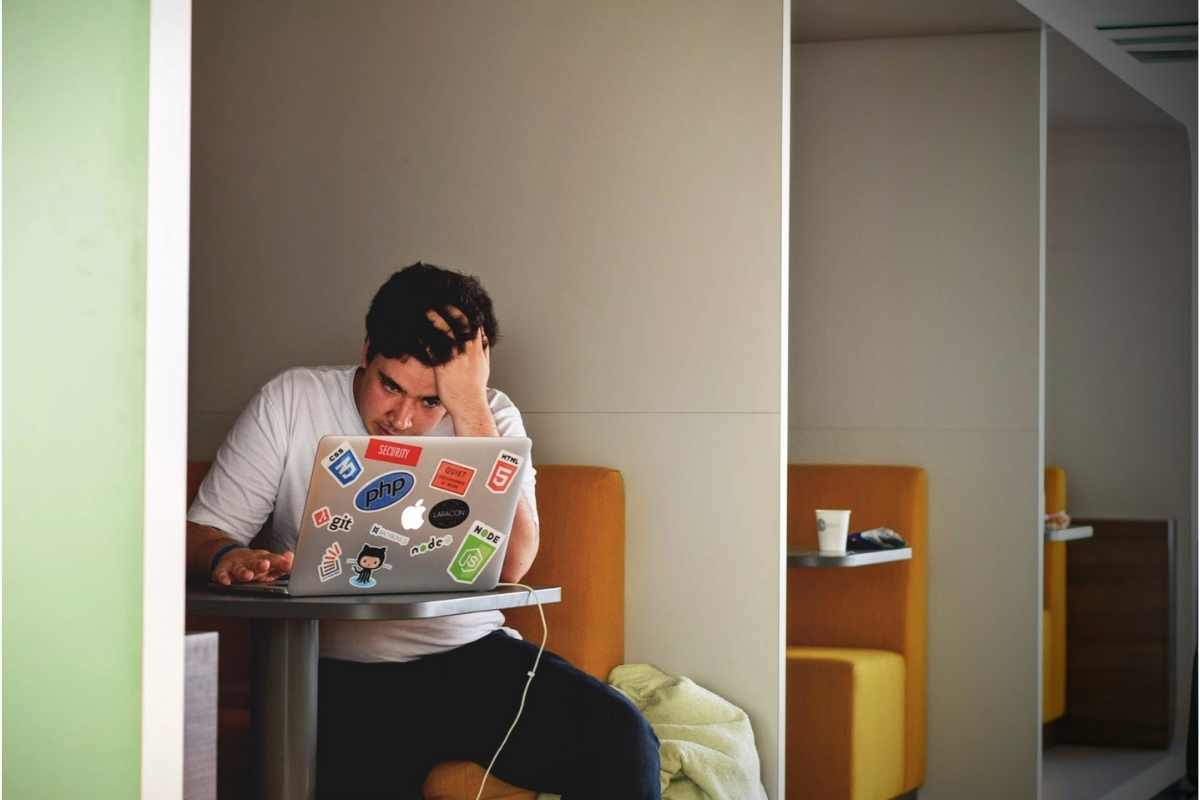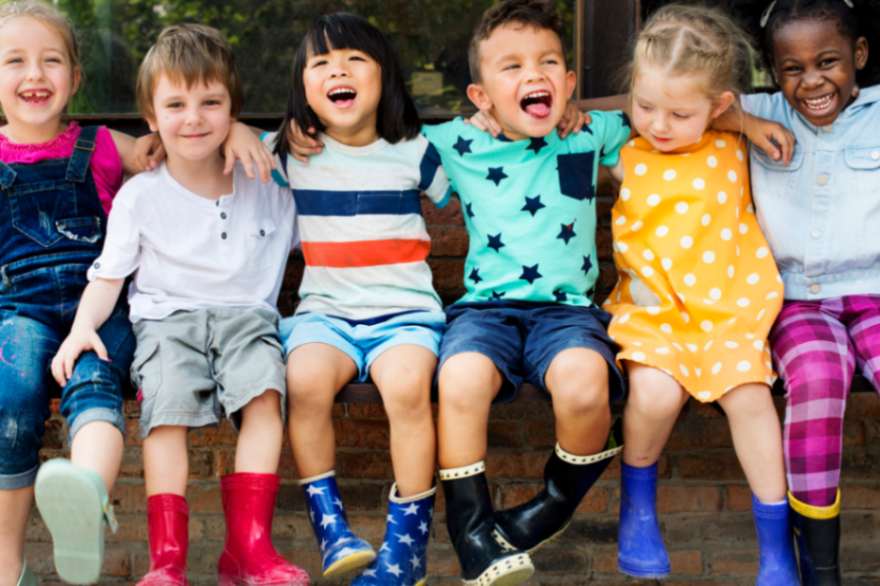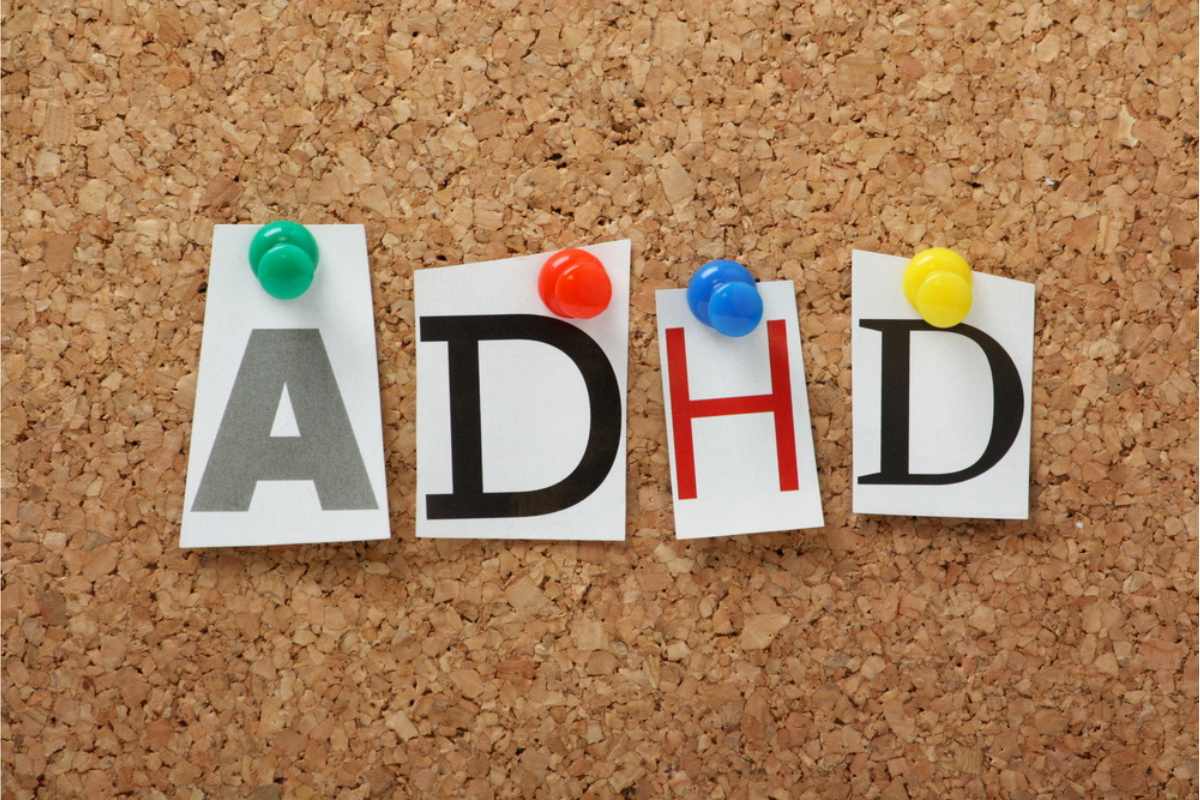August 15, 2022
6 Ways to Naturally Calm Autism Anxiety
Written by Rachel Eddins
Posted in ADHD/Autism, Anxiety and with tags: Anxiety, autism

You’re likely aware that autism is one way a person can be neurodivergent. However, not enough attention is paid to the reality that as many as half of autistic people struggle with anxiety, too.
This is not to say they occasionally have anxious moments. We’re talking about clinical diagnoses of anxiety.
So, you may be reading this post because you’re dealing with Autism Spectrum Disorder (ASD). Or perhaps you are the parent or caregiver to a child with ASD. Either way, it is crucial to know that autism often goes hand-in-hand with anxiety, but such anxiety can be calmed naturally.
Why Do Autistic People Get Anxious?
Obviously, the causes can be innumerable and quite specific from person to person. That said, there is a definite trend that challenging sensory environments and social situations are common triggers.
A few examples:
- Nuanced social cues can be difficult to recognize
- Feeling misunderstood
- Feeling left out or unaccepted
- Sudden change
- Difficulty expressing complex emotions
- Venues that feature overstimulating lights, noise, crowds, etc.
Again, this is just a general list, but it’s easy to see how much ground it covers. Regardless of how much the list lines up with your situation, the big step is cultivating ways to address the anxiety without medications.
6 Ways to Naturally Calm Autism Anxiety
1. Keep a Trigger Journal
Step one is identifying and understanding what causes the anxiety, what makes it worse, and what soothes it. Keep a detailed journal to help you with this process. That journal will be helpful during therapy sessions, too.
2. Adjust the Environment OR Plan Ahead
When you find yourself in a challenging environment, take active steps to reduce the stress. This may involve something like noise-canceling headphones or sunglasses. Make the environment work for you.
When you have the benefit of knowing in advance that you may be facing sensory overload, prepare as best you can and/or find a way to politely opt-out of that particular situation.
3. Self-Soothing Decreases Autism Anxiety
A wide range of sensory tools is available to you. A common choice involves the use of a weighted blanket. They typically weigh about 10 percent of your body weight and can be used to apply steady deep pressure stimulation.
In a recent study:
- 78 percent of people named the weighted blanket as their preferred calming modality
- 63 percent, after using a weighted blanket, reported lower anxiety
When used by children with autism, weighted blankets led to:
- Falling asleep easier
- Longer duration of sleep
- Less waking during the night
- Calmer behavior in the morning
Read more: Grounding & Self Soothing Techniques
4. Visual Schedules
Popular with children, visual schedules can help structure any adult’s day. The idea is to reduce uncertainty by visualizing each of the more challenging steps of your day.
For kids with autism, this involves creating an actual image (e.g., drawing). For adults, you can visualize for yourself, but there is a lot to be said for sketching out what lies ahead. It’s easier to see yourself as calm when you’ve drawn it, written it, or visualized it.
5. Use an App
In the digital age, there’s an app for everything. Do some exploring and sampling to find one that works for you.
Try a quick search for apps to help with autism anxiety. It could be helpful to ask a therapist for input.
6. Self Care
This is your foundation. A daily self-care regimen may include:
- Regular sleep routines
- Healthy eating choices
- Exercise and physical activity
- Relaxation techniques
- Monitoring and managing your energy levels
Find more from the autism self-advocacy network, for autistic people by autistic people.
Of course, all of the above can be adapted for use by the parent or caregiver raising a child with autism.
In addition, juggling the parallel diagnoses of autism and anxiety can be accomplished more smoothly with the support of a skilled therapist in Houston, Montrose, or Sugar Land.
Grounding & Self Soothing
Get instant access to your free ebook.



















